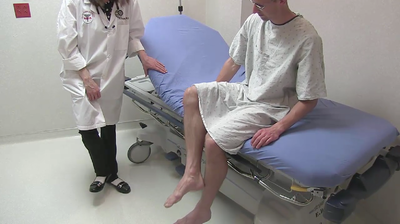

Foremost among them is a commitment to personal betterment as a scribe, through both time and effort.

What does it take to become an MSC Medical Scribe?īeyond the innate attributes that are necessary for an individual to become a great scribe qualities like maturity, professionalism, organizational skills, a strong constitution, a drive to motivate their physician, and the emotional intelligence to navigate the stresses and the stressed of a department, certain objective qualifications are needed. This unparalleled work experience enables medical scribes to easily integrate into healthcare programs and excel in their future professions. In turn, the scribes have the opportunity to work as a frontline member of the healthcare team. By improving the standard of medical note documentation, patients benefit from an improved continuity of care. Medical scribes streamline patient flow and improve the patient experience through improved communication, decreased wait times, and timely dispositions. By creating a more collaborative and efficient work environment, members of the healthcare team can direct their attention to the tasks to which they are best suited, all to the benefit of the patient. Medical Scribes have a dramatic effect on the delivery of care. By delegating these adjunct tasks to an appropriately trained individual, a physician can effectively see more patients, give more thought to each case, produce superior documentation and enjoy the satisfaction of actually practicing medicine rather than clerical work. Each interruption adds to the physician’s workload and takes away from their time with patients. The added distraction of countless extraneous responsibilities that also fall on the physician’s shoulders, from tracking orders, to case documentation, all further the likelihood of an inadvertent error. Medical Scribes are trained to provide concurrent documentation of the physician-patient encounter and to help manage the physician’s workflow in order to maximize their efficiency.ĭoctors bear the constant cognitive stress of having to make continuous and accurate clinical decisions to further their patients’ care. In the face of these ever-increasing clerical and administrative demands in the increasingly regulated field of healthcare, medical scribes offer doctors respite. The trials and tribulations of EMR use added to the already immense burdens of documentation and other ancillary duties for which doctors are responsible in their delivery of care.

This order resulted in a tremendous decline in physician workflow efficiency, costing doctors substantial losses in income and job satisfaction, and costing patients focused and timely care. The role of the medical scribe originated more than a decade ago in the United States as a response to the advent of electronic medical records and their subsequent mandated use.


 0 kommentar(er)
0 kommentar(er)
